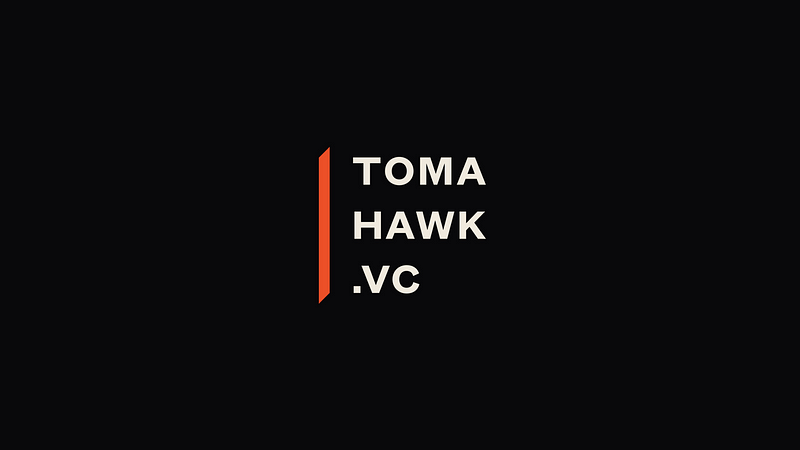
I regularly get caught in the whirlwind of starting new projects, only to leave them half-baked, scattered like unfinished symphonies. If you are like me, you’re not alone. Welcome to the club of enthusiastic starters — the dreamers, the doers, the perpetual beginners. But what if I told you that there’s a magic line, a boundary that, once crossed, transforms your endeavours into masterpieces? It’s time to delve into the world of completing tasks and developing a finishing mentality.
The Allure of New Beginnings:
There’s an undeniable thrill in the initial stages of a project — the brainstorming sessions, the whiteboard full of ideas, and the rush of excitement as you envision the final product. It’s like standing at the edge of a cliff, ready to leap into the unknown. And let’s be honest, starting is easy; it’s finishing that often proves elusive.
The Unfinished Symphony:
I’ve been there, done that — started countless projects with unbridled enthusiasm, only to leave them languishing in the archives of my mind. It’s the classic case of the ‘shiny object syndrome,’ where the allure of new ideas beckons before the current ones reach fruition. But why do we do this to ourselves? Is it a fear of failure, a lack of discipline, or perhaps just an insatiable thirst for novelty?
The Power of Crossing the Line:
Imagine a magical line drawn in the sand, a point of no return where starting transforms into finishing. Crossing this line is an art, a skill that elevates your projects from mere concepts to tangible achievements. It’s about cultivating a finishing mentality — a commitment to seeing things through, no matter how enticing the next shiny object may be.
Finding Your Crossing Ritual:
So, how do you cross this transformative line? It begins with finding your crossing ritual. It could be a simple act — a declaration to yourself, a symbolic gesture, or even a physical motion. The key is to make it personal, something that resonates with your journey and signifies your transition from a starter to a finisher.
Embracing Imperfections:
One of the stumbling blocks on the path to completion is the pursuit of perfection. We often hesitate to finish something because it doesn’t meet our lofty standards. But here’s the secret — perfection is overrated. Embrace the beauty of imperfection, relish the flaws, and celebrate the uniqueness of your finished product. It’s the quirks that make it truly yours.
The Joy of Completion:
There’s a unique joy that comes with completing a task. It’s more than just a sense of accomplishment; it’s a validation of your dedication, a testament to your perseverance. Crossing that line transforms your projects from mere possibilities into tangible evidence of your capabilities.
Building Momentum:
Once you’ve tasted the sweetness of completion, momentum becomes your ally. Each finished project becomes a stepping stone, propelling you forward with increasing confidence. You become a serial finisher, and the habit of completion becomes an integral part of your creative DNA.
In Conclusion:
So, to my fellow enthusiasts of beginnings, let’s challenge ourselves to cross the line more often. Let’s revel in the joy of completion, relish the imperfections, and build a legacy of finished masterpieces. After all, the true magic lies not just in starting but in crossing that elusive line that transforms dreams into reality. Are you ready to cross the line and embrace the art of completion? The journey awaits.



